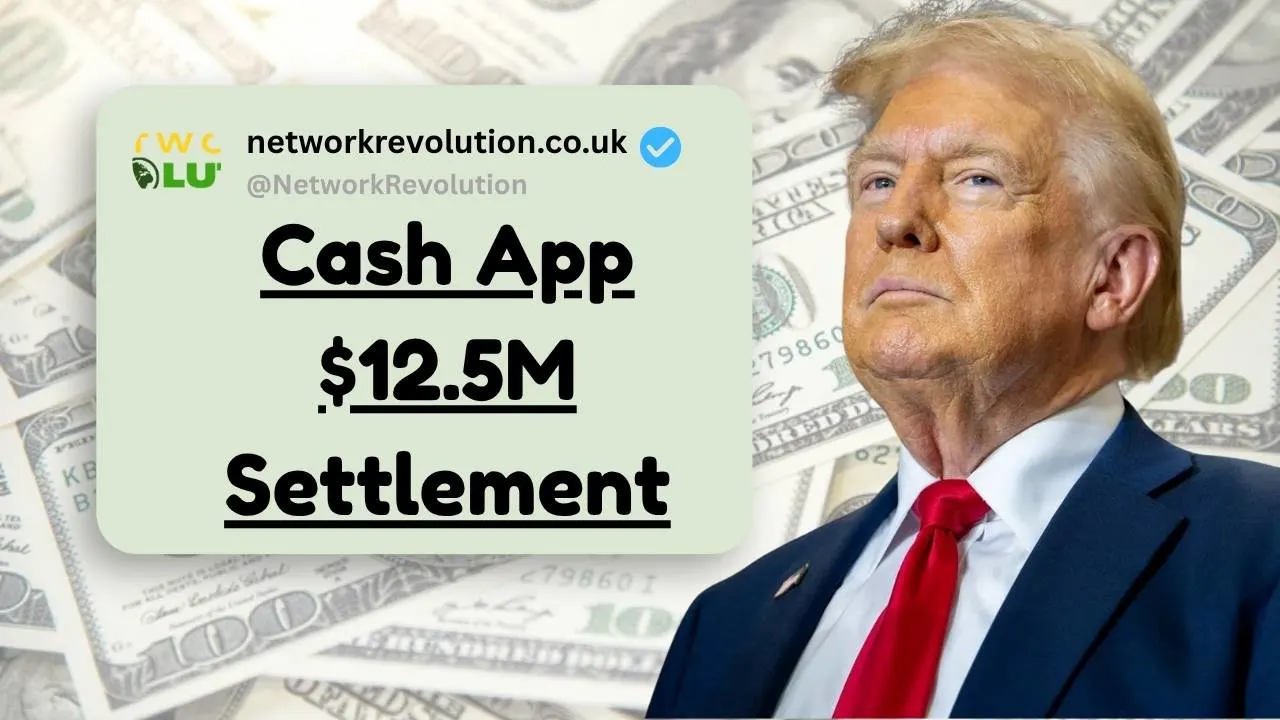For millions of Americans, receiving random texts from companies is just an annoyance—until it becomes a legal issue. That’s what happened with Cash App, one of the country’s most widely used financial platforms. In a case filed by a Washington State resident, Cash App was accused of sending promotional referral texts to thousands of people without their permission.
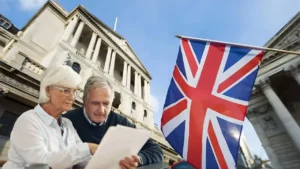
This small act turned into a massive class-action lawsuit, culminating in a $12.5 million settlement. Now, an estimated two million people are expected to receive compensation ranging from $88 to $147. This case marks a significant milestone in digital privacy enforcement, particularly within the fintech industry.
Cash App $12.5M Class Action Settlement 2025
The lawsuit began with Kimberly Bottoms, a Washington State resident, who alleged that Cash App’s parent company, Block Inc., used its “Invite Friends” feature to send unsolicited texts. These messages, she argued, violated the Washington Commercial Electronic Mail Act and the state’s Consumer Protection Act.
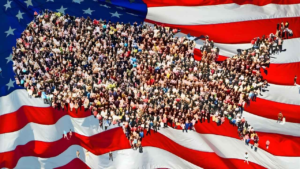
While Cash App did not admit wrongdoing, it agreed to a $12.5 million settlement to resolve the claims without prolonging legal proceedings.
Key Facts: Cash App Text Settlement at a Glance
| Detail | Information |
|---|---|
| Case Name | Cash App Spam Texts Class Action Lawsuit |
| Plaintiff | Kimberly Bottoms |
| Defendant | Block Inc. (Cash App’s parent company) |
| Jurisdiction | U.S. District Court, Western District of Washington |
| Main Allegation | Unsolicited promotional referral texts |
| Laws Cited | Commercial Electronic Mail Act, Consumer Protection Act |
| Settlement Total | $12.5 million |
| Affected Phone Numbers | ~2 million |
| Estimated Payout | $88–$147 per claimant |
| Payment Methods | Venmo, PayPal, Direct Deposit, Check |
| Eligibility Period | Texts sent between November 14, 2019 and 2025 |
| Website Launch (expected) | Early 2025 |
Who is Eligible to Claim a Settlement Payment?
You may qualify for a payout if:

- You are a Washington State resident, or
- You had a Washington-based phone number during the period, and
- You received an unsolicited referral message from Cash App’s “Invite Friends” feature.
Important Note:
Even if you’ve moved out of Washington since then, you may still be eligible if your number had a Washington area code at the time.
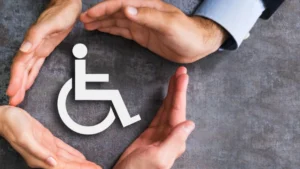
How to File a Claim and Receive Payment?
The official claims process will open when the settlement website goes live—expected sometime in early 2025.
Filing Process
- Complete an online claim form
- Provide your contact details
- Verify that you received a Cash App referral message
- Confirm your Washington residency or area code during the relevant period
- Select your preferred payment method (Venmo, PayPal, Direct Deposit, or Check)
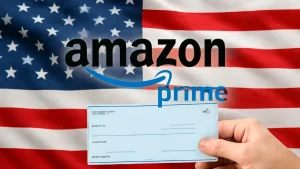
Payments will be sent after the claim deadline, which will be posted once the site is active.
How Much Money Will Eligible People Receive?
The final amount depends on how many valid claims are submitted, but the current estimated range is:
- Minimum: $88
- Maximum: $147
This payout represents approximately 17–29% of the $500 per violation allowed under Washington law, after deducting legal and administrative fees.
How Will People Be Notified?
Those who are eligible will be notified via:
- Postcard mailers
- Online advertisements
Cash App users in Washington should watch these channels closely in 2025 to avoid missing their opportunity.
What Makes This Case So Important?
1. Consumer Privacy is Now a Legal Priority
This lawsuit shows that companies cannot bypass consent laws when marketing digitally. Legal penalties for such violations are increasing, especially in tech-heavy states.
“This settlement sends a message that unsolicited digital marketing is not just bad business—it’s potentially illegal,” says Erika Williams, a consumer rights attorney based in Seattle.
2. Fintech Companies Under the Microscope
Cash App’s parent firm, Block Inc., has already faced regulatory actions in the past:
- 2024: Fined $175 million by the Consumer Financial Protection Bureau (CFPB)
- 2023: Paid $15 million in another settlement over a data breach
These back-to-back issues show that fintech firms will be held to increasingly high standards for data use, security, and transparency.
3. Marketing Practices Are Evolving
Digital marketing that once seemed harmless is now a risky legal frontier. Fintech companies, in particular, are being forced to revisit how they engage users, especially with referral programs and promotional communications.
Why This Case Sets a Legal and Cultural Precedent?
At its core, the Cash App settlement is about something simple: sending a text without permission. But in the broader picture, it’s about consumer consent in an age of relentless digital marketing.
“This case represents a growing resistance to the idea that our data and attention can be used without consent,” explains Marcus Liu, professor of digital law at the University of Washington. “It’s a powerful reminder that technology companies must respect boundaries.”
It’s also a cultural signal that consumers are now more aware—and more empowered—to push back when lines are crossed.
All to Know
The Cash App text settlement is more than just a payout. It’s a milestone in how the digital world treats privacy, consent, and consumer rights. For fintech companies, it’s a sign that even small oversights in marketing can lead to costly consequences. For consumers, it’s a powerful reminder: your data, your rules.
If you believe you’re eligible, don’t ignore the notices in your inbox or mailbox. Your claim to up to $147 might be just a few clicks away—and a sign of a new digital age where your voice matters.
FAQs
Will I need proof to file?
Generally, you’ll need to provide your phone number and confirm your eligibility. Additional proof may not be required if your number appears on the pre-identified list of affected users.
What is the maximum amount I can receive?
The maximum payout is estimated at $147, but the final amount depends on how many people file claims.
When will I get paid?
Once the settlement website launches and you file a valid claim, payments are expected to begin in mid-to-late 2025.
How do I know if I got one of these texts?
You may remember receiving a message that invited you to use Cash App with a referral code. If unsure, you can still check the settlement site once live.
Do I need to still live in Washington to qualify?
No. If your phone number had a Washington area code at the time you received the text, you may still be eligible even if you’ve moved.
Who can file a claim in the Cash App settlement?
Anyone who received an unsolicited referral text from Cash App while residing in Washington or having a Washington area code between November 14, 2019, and 2025.

